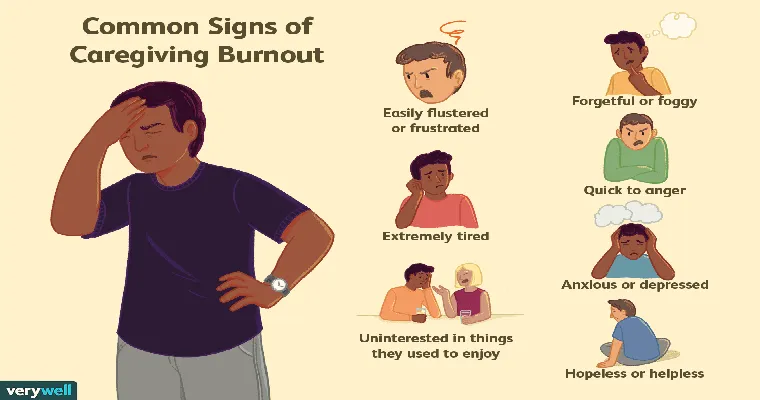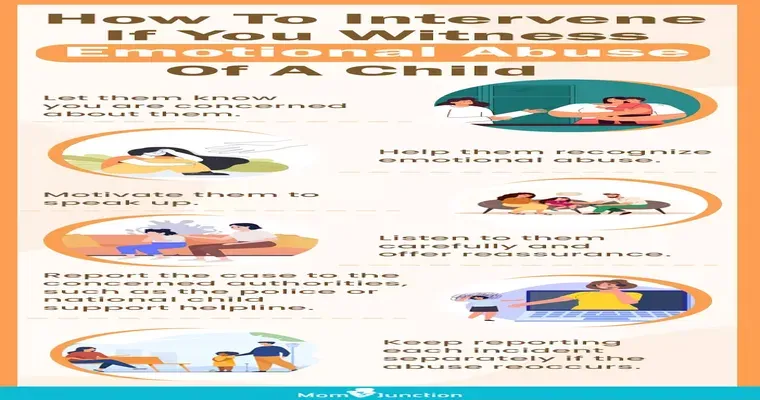Being a "caregiver" is often seen as a noble and selfless act. Many individuals step into caregiving roles out of love and a desire to help others. However, the reality is that you can indeed give too much as a caregiver, leading to "burnout", emotional exhaustion, and even health issues. This cautionary tale serves as a reminder that while caring for others is important, it is equally crucial to prioritize your own well-being.
As a caregiver, you may find yourself constantly putting the needs of those you care for above your own. This often results in neglecting your physical health, emotional needs, and social life. The initial joy and fulfillment that caregiving brings can quickly turn into a sense of obligation, leading to overcommitting and extending personal boundaries. This scenario is all too common among caregivers, and it highlights the importance of balance.
One of the most significant signs that you are giving too much is the onset of "caregiver burnout". Symptoms can include chronic fatigue, irritability, and feelings of hopelessness. When you are so focused on providing care, you may ignore the signs that your own health is deteriorating. Caregiver burnout not only affects you but also impacts the quality of care you provide to those who rely on you.
Additionally, caregivers often experience feelings of guilt when they take time for themselves. This guilt can stem from societal pressures or personal beliefs that suggest self-care is selfish. However, it is vital to understand that taking breaks and attending to your own needs is essential for sustaining your ability to care for others effectively. Remember, a well-rested and healthy caregiver is far more effective than one who is overwhelmed and exhausted.
To avoid the pitfalls of giving too much, establish clear boundaries. Communicate with those you care for about your limitations and ensure you carve out time for self-care activities. Whether it’s pursuing a hobby, spending time with friends, or simply relaxing, these moments are crucial for rejuvenating your spirit. It is also beneficial to seek support from fellow caregivers or professional counselors who can provide guidance and understanding.
In conclusion, while being a caregiver is a rewarding experience, it is important to recognize the risks of giving too much. Prioritizing your own well-being is not an act of selfishness but rather a necessity that enables you to continue providing compassionate care to others. Remember, you cannot pour from an empty cup. By implementing self-care practices and setting boundaries, you can ensure that your caregiving journey remains a fulfilling and sustainable endeavor.





